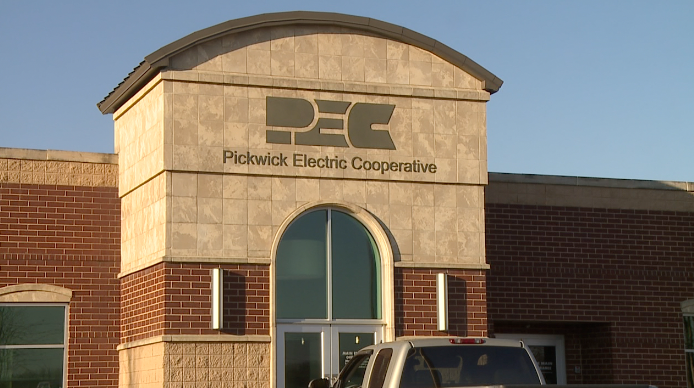What the Tech: Facebook payouts
If you use Facebook, you’ve probably heard about the big class-action privacy settlement. It stems from the Cambridge Analytica scandal, when millions of users’ personal data was shared without their permission. Facebook’s parent company Meta agreed to pay $725 million to settle claims. Now those payments are finally being sent out and that’s created the perfect opportunity for scammers to strike.
A friend recently sent me a screenshot of a text message he received. It said he could click a link to collect his Facebook settlement payment. His first thought was that it might be a scam, and that’s a good instinct. These days, every message about money should be viewed with caution. Some settlement notifications are real, but many others are fake. Here’s how to know the difference.
Check the sender. Legitimate messages will only come from donotreply@facebookuserprivacysettlement.com. If you see another address, delete it immediately.
Don’t share sensitive information. The real settlement notice will not ask for banking logins, Social Security numbers, debit card information, or your Facebook username and password. If a message asks for any of those things, it’s a scam.
Look at how the payment is delivered. When you filed your claim earlier this year, you chose how you wanted to receive your money. The options included PayPal, Venmo, Zelle, direct deposit, a paper check, or a prepaid Visa or Mastercard. The payment should come exactly the way you selected. You will not be asked to resubmit that information now.
Know the amount. This is not a get-rich-quick situation. Most people will receive between $30 and $35. If a message promises hundreds of dollars, it’s fake.
Spot the red flags. Be on the lookout for urgency (“act now or lose your money”), misspelled words, and poor grammar. These are classic signs of phishing attempts.
Finally, remember this: if you didn’t file a claim earlier this year, you will not be getting a settlement payment at all. Any message suggesting otherwise is a scam.
According to court filings, more than 28 million people submitted claims and just over 19 million were approved. That’s why your share is relatively small, but it’s still your money and worth protecting.
The bottom line is simple: settlement payments are real, but scammers are eager to trick people into giving up personal information. Treat every unexpected message with caution, verify the sender, and remember the official process. By staying alert, you can collect what you’re owed without falling victim to a con.
For more U.S. news, click here.












